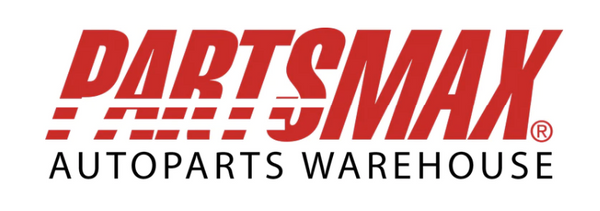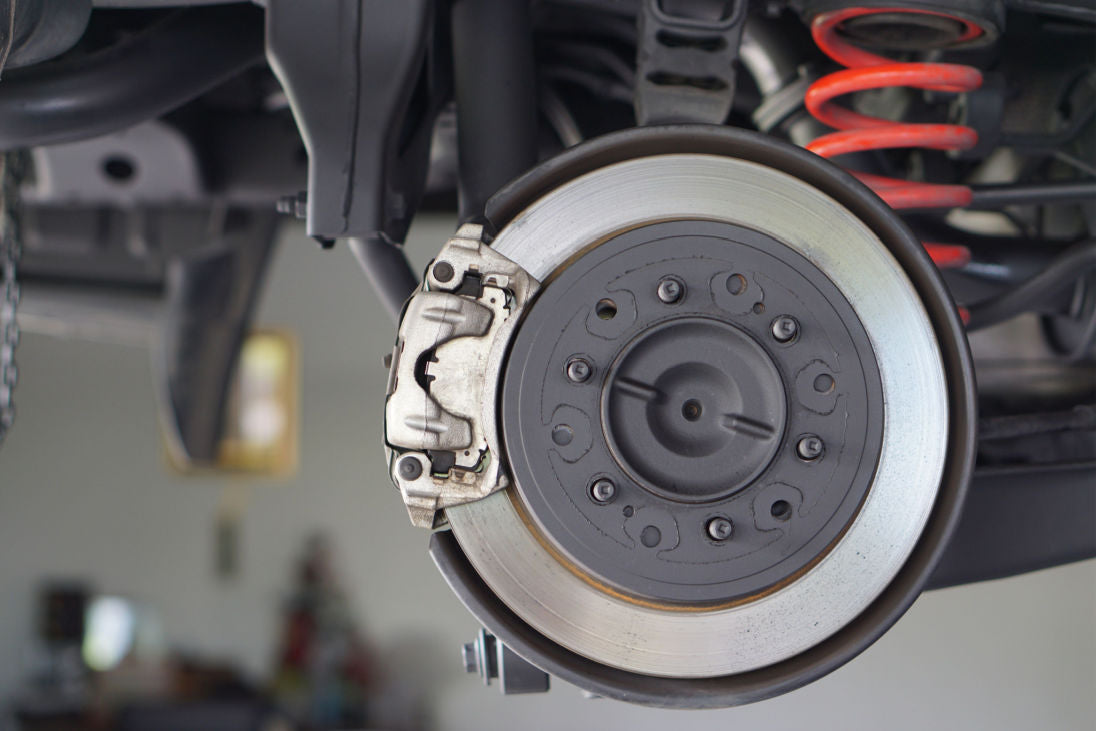
Warning Signs It's Time to Replace Your Brake Pads
When you start to notice some new signs that it might be time to replace your brake pads, trust your instincts and take the car in to get an inspection done by a qualified mechanic. When you follow your instincts, you avoid putting yourself and others at risk of getting into an accident because of brake problems. Let's look at some of the warning signs that it's time to replace your brake pads and make sure they are operating properly before you take them out on the road.
1. Squeaking or Squealing Coming From Brakes
The first thing you need to do is to pay attention to your brakes and listen closely when they are squeaking. If you hear a squeaky sound when you apply the brakes, this could be a warning that the brake pads are worn down. A good mechanic can tell from the sound how much wear has occurred on your brake pads.
2. Grinding Sound When Braking
Again, a good mechanic can tell from the sound how much wear has occurred on your brake pads. When a mechanic gives you an estimate for the parts that need to be replaced, he or she will give you a range of what the parts should have cost if they were brand new. But because your brakes have to work with every other part of your car, wear can affect more than just your brake pads.
3. Vibration When Braking
When you hear an annoying vibration when you apply the brakes, something is off with your brake pads. A mechanic can tell if a vibration has occurred because brake pads are either worn down or not positioned correctly on your wheels. The vibrations can also be a sign of an improperly adjusted front end. This can happen if your front wheels aren't aligned properly.

4. Taking Longer To Stop
If your brakes are worn down, you can also notice that they take longer to stop and start. A mechanic can tell by the sound of the brakes if they are worn down or not positioned correctly on the wheels. The wear can also be a sign of an improperly adjusted front end. If the brakes don't work smoothly and you see that the brake pedal is not returning to the same position every time, this might also be a warning that it's time to have them fixed.
5. Brake Pad Indicator Light Comes On
If your car's dashboard has an indicator light that tells you when it's time to get your pads checked, listen to the warning. Keep in mind that the indicator light might come on for other reasons, so a mechanic should at least check out the brakes to make sure it isn't because of a problem other than worn brake pads.
6. Your Brake Pads Appear To Be Thin
If you notice your brake pad seems to be separated from the rim of the tire, you need to have them inspected by a mechanic right away. The wear indicates that you have either forgotten to have them adjusted or they are damaged. Keep in mind that a mechanic can tell if brake pads are worn on each wheel by watching for excessive wear on the wheels themselves.
7. The nose of your car pulls to one side when you brake
When your car begins to pull to one side when you apply the brakes, you need to have your brakes checked as soon as possible. The problem could be caused by a warped brake rotor, which should be replaced right away. The wear can also be a sign of an improperly aligned wheel, which is what causes your car to pull to one side.
8. Heavy Push When You Apply Brakes
When you apply the brakes, you should feel a heavy push when the pedal goes down. If you feel less of a push, it could be a sign that the brake pad is wearing down. A mechanic can tell with his or her fingers how much wear has occurred.
When you notice signs that your brakes are worn down, you should have them inspected as soon as possible by a qualified mechanic. A mechanic can tell from the sound when your brake pads are worn down and will either replace them or have them adjusted to improve their performance.
For all your aftermarket auto parts PartsMax is here for you!

